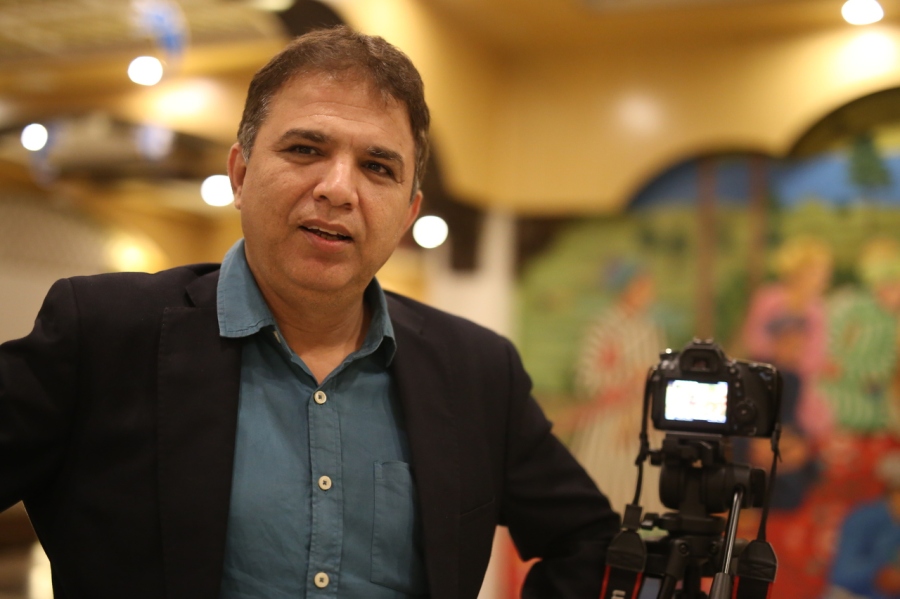One of my teachers used to say that if you would start doing something on daily basis and will keep doing and thinking about it you would start getting ideas which you have never read in any book or no one has ever told you. Kind of divine instructions for you.
Quality vs. quantity debate is an interesting one especially when it comes to putting our effort in a new venture which involves lots of learning. I am in the ‘quantity camp’.
… Taking hundreds and thousands of photos and then selecting a few out of them as a photographer has a good chance to give us nice photos than shooting only a few ones and also the ability to distinguish between good photos and bad photos.
… Writing lots and lots of code as a programmer can make us confident. Learning from trying to write only few lines of perfect code is close to impossible.
… Editing lots of videos will surely going to teach us each and every aspect of your editing software.
… Trying to sell or market to 1000 clients will give us lot more feed back and insights into people behavior for learning and better action than just trying to selling to 10 people.
… Making dozens of websites instead of a selected few will teach us each and every aspect of the trade.
A person’s self-learning skills come into action when he is doing lot of effort by making mistakes and then improving on these mistakes with next work.
And in addition to learning and rectifying our mistakes, we also start learning shortcuts in doing the work. This in turn speeds up our work.
It probably cannot be defined how long we have to do lot of work before we are a master but in my own experience it should be around 3 years or may be more.
And of course we are going to improve every day during this 3 years period.
This interesting story (from this website) about quality vs. quantity is about creating art but it should relate to most efforts.
The ceramics teacher announced on opening day that he was dividing the class into two groups. All those on the left side of the studio, he said, would be graded solely on the quantity of work they produced, all those on the right solely on its quality. His procedure was simple: on the final day of class he would bring in his bathroom scales and weigh the work of the “quantity” group: fifty pound of pots rated an “A”, forty pounds a “B”, and so on. Those being graded on “quality”, however, needed to produce only one pot -albeit a perfect one – to get an “A”.
Well, came grading time and a curious fact emerged: the works of highest quality were all produced by the group being graded for quantity. It seems that while the “quantity” group was busily churning out piles of work – and learning from their mistakes – the “quality” group had sat theorizing about perfection, and in the end had little more to show for their efforts than grandiose theories and a pile of dead clay.
One day we are going to master and we will do only what is needed and will do it very precisely but before that we need to do lot of work.
So what are the fears for not doing quantity work:
… Fear of wasting time.
… Fear of people expectations of quality.
… Feeling stupid.
etc.
The 3 years time I proposed above for doing quantity work may seem too long but I have seen people spend more than 3 years on planning and thinking and without taking an action to start something; mostly because they want to be the best from the beginning.
So what you have done so far in life? Have you produced only quality or worked on quantity? Or may be just planning something for the time being?







